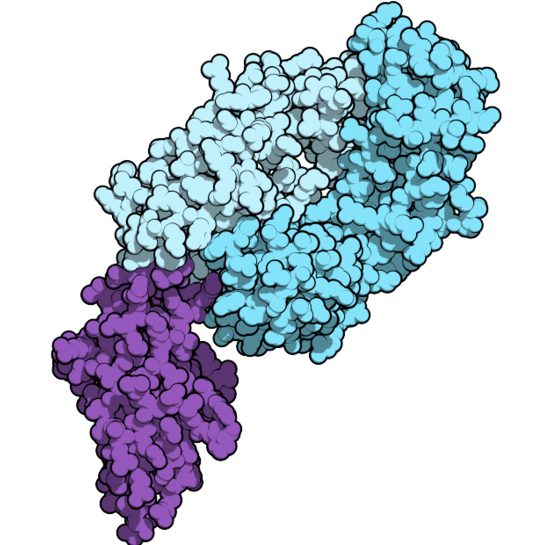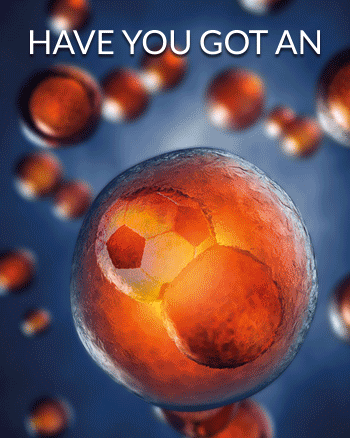Keywords
DKA, HHS, nivolumab, diabetes mellitus, checkpoint inhibitors
Abstract
Nivolumab is a monoclonal antibody directed against programmed cell death-1 receptor. It has an increasing application in the treatment of various advanced metastatic cancers. The incidence of autoimmune side effects associated with such agents is expected to increase. New-onset autoimmune diabetes mellitus associated with immune checkpoint inhibitor treatment is rare, occurring in less than 1% of patients. Nivolumab-induced diabetes often presents as diabetic ketoacidosis, which could be life-threatening if not recognized and treated promptly. We present the case of a patient who developed severe diabetic ketoacidosis concomitant with hyperosmolar hyperglycaemic state (HHS) after receiving nivolumab for metastatic testicular lymphoma. Pre-nivolumab blood glucose levels were normal, apart from transient hyperglycaemia related to steroids as part of the chemotherapy protocol. The diagnosis was confirmed with extremely low C-peptide in the clinic.
References

Views: 810
HTML downloads: 102
PDF downloads: 431
Published:
2021-08-13
Issue:
2021: Vol 8 No 8
(view)










